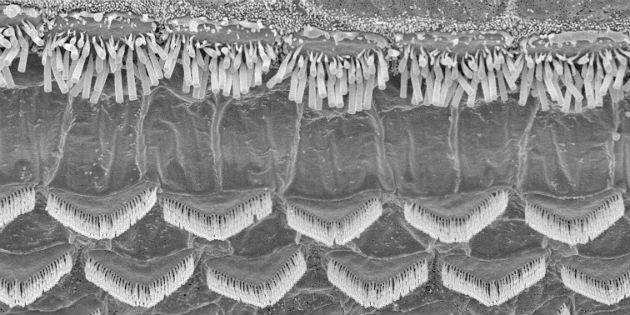New drug combination to regenerate hair cells
Research
Researchers at the Massachusetts Institute of Technology (MIT), Brigham and Women’s Hospital (BWH), and Massachusetts Eye and Ear (Boston, MA, USA) have discovered a combination of drugs that expands the population of progenitor cells in the ear and induces them to become hair cells, reports Science Daily.

Since damage to hair cells is one of the leading causes of hearing loss, any treatment that targets hair cell regeneration could constitute a significant step forward in the search for new ways of treating hearing loss. This is precisely the area the research team is focusing on.
“Hearing loss is a real problem as people get older. It’s very much an unmet need, and this is an entirely new approach,” says Robert Langer, professor at MIT and one of the senior authors on the paper published in late February in Cell Reports. The team used specific molecules to activate mouse cochlear supporting cells in vitro so that they became proliferative and generated hair cells. The group also exposed the cells to compounds that activate another signaling pathway known as Notch to control differentiation time. Once a large pool of immature progenitor cells was obtained, the researchers added another set of substances that caused the cells to become mature hair cells.
“We only need to promote the proliferation of these supporting cells, and then the natural signaling cascade that exists in the body will drive a portion of those cells to become hair cells,” explains Jeffrey Karp, associate professor of medicine at BWH and Harvard Medical School in Boston. Another advantage of this approach is that simple administration by injection may be possible in humans.
Science Daily; McLean WJ, et al. Clonal Expansion of Lgr5-Positive Cells from Mammalian Cochlea and High-Purity Generation of Sensory Hair Cells. Cell Reports. 2017 Feb 21;18(8):1917-1929


